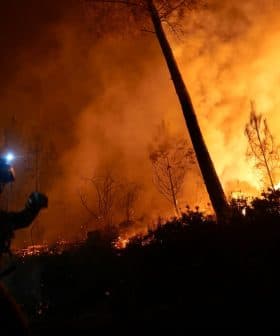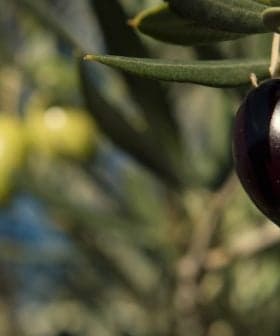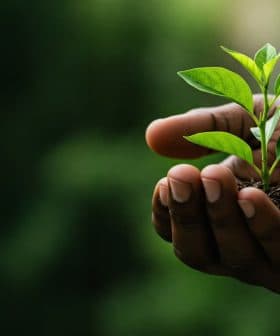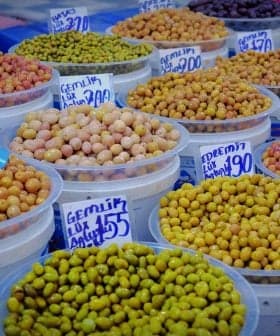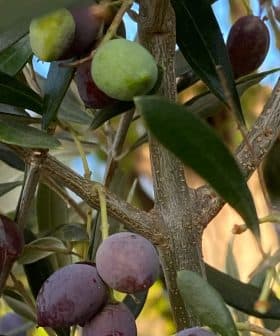Wildfires Devastate Agricultural Land in Turkey
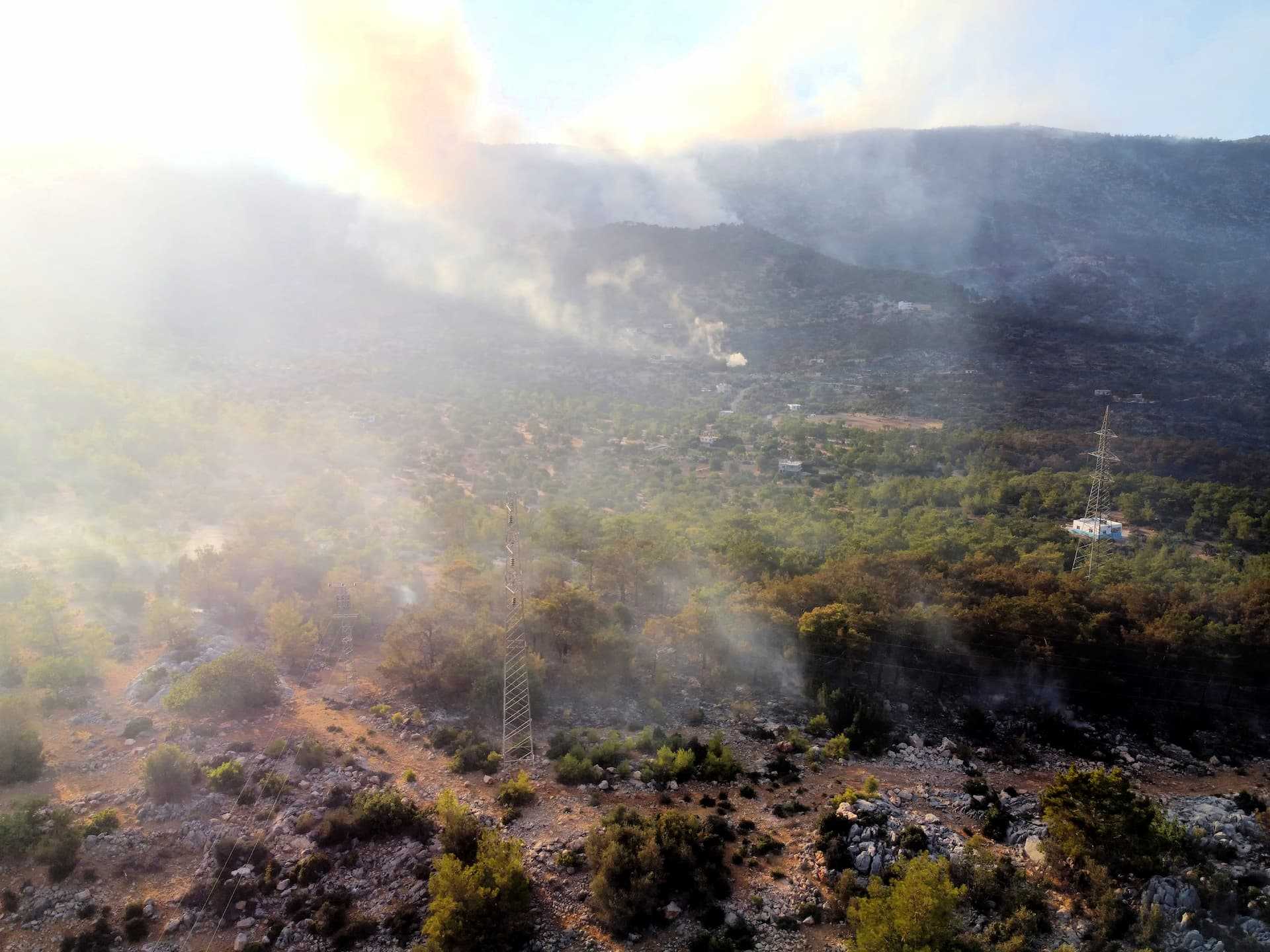
Raging wildfires in Turkey have destroyed human lives, forests, agricultural land, and livestock, affecting provinces like Antalya, Muğla, Adana, and Mersin. The country plans to plant millions of trees for reforestation efforts, with a focus on areas hit by the fires and a goal of planting 252 million saplings by the end of the year.
In a repeating pattern of prolonged drought and scorching temperatures that have appeared in several countries in the Mediterranean basin, raging wildfires have been sweeping through the south and southwest coastal regions of Turkey.
Burning for more than a fortnight, the fires have claimed human lives and decimated forests, agricultural land and livestock.
It took only a few minutes for numerous houses to ignite. It was pointless trying to intervene. Houses, olive groves, animals and tractors turned to ash in no time.
More than 290 fires broke out in the country in the last few weeks. The provinces of Antalya, Muğla, Adana and Mersin were heavily affected, and thousands of residents and tourists were evacuated from villages and seaside resorts like Marmaris and Bodrum.
See Also:Just when Olive Oil Tourism Was Trending in Turkey, the Pandemic HitA total of nine people lost their lives and hundreds were hospitalized with respiratory problems.
Approximately 160,000 hectares of forests, farmlands and crops have been reduced to ashes so far. Thousands of cattle, sheep, poultry and beehives also perished in the flames.
The damage caused had a detrimental effect on local farmers in the fire-stricken areas of the country.
#SonDakika
— ERDEM CİZRELİOĞLU (@elcezerimedia) August 20, 2021
HAKKARİ ŞEMDİNLİ YANIYOR!#Hakkari#Şemdinli de yanıyor duyun! 🔥 🔥 🔥😡
#Şemdinliyanıyor#OrmanYangınları
pic.twitter.com/FyaIj9lGs8
In Kalemler, a small village in the province of Antalya, almost half of the houses were destroyed by the blazes. A couple had no time to flee the area and were found dead in their burned house. The fire also took a heavy toll on livestock and trees.
“One hundred and fifty houses once stood here. After the flames reached our village, 67 of them burned down,” Muhtar Cansiz, the head of the village, said. “It took only a few minutes for numerous houses to ignite. It was pointless trying to intervene. Houses, olive groves, animals and tractors turned to ash in no time.”
When it comes to olive oil, the areas battered by the fires are among the most productive in the country. Many olive growers witnessed their trees and the hard work of a lifetime being wiped out by the flames.
In Mazi Mahallesi, a settlement of the district of Muğla, local farmer Necibe Köle was powerless against the blazes that devoured the 600 olive trees she owned.
“We were making a living by farming olives,” Köle said. “I am alive, nothing happened to my children, but my fruits and vegetables were burned. Everything was burned.”
Another farmer, Necibittin Gül, said that almost nothing of his property escaped the raging fires, including the centenary olive trees that were passed down to him through the previous generations.
“We had a great fire disaster,” Gül said. “Our very big, centuries-old olive trees were also burned. We used to make olive oil and eat it ourselves, sometimes we sold it.”
“We had olives inherited from our father,” he added. “Most of them have disappeared. I can’t live to see my olives grow.”
“Unfortunately, our country is experiencing very bad climate changes that you often witness,” Mustafa Tan, the chairman of the board of Turkey’s National Olive and Olive Oil Council (UZZK), told Olive oil Times.
See Also:Millenary Olive Tree Destroyed in Sardinian Wildfires“Forest fires in recent days are a painful indicator of this. In these fires, not only forests burned. Our people, our wild and domestic animals and, of course, our olive trees,” he added. “We, as the National Olive and Olive Oil Council, continue our research in fire areas with our technical teams and we have not completed them yet.”
By August 12, the last major fire burning in the Köyceğiz district of Muğla had been contained, the Turkish Minister of Agriculture and Forestry Bekir Pakdemirli said in a tweet.
“We managed to bring Köyceğiz fire under control with the great efforts of the heroes of forests,” Pakdemirli wrote.
Mahmut Serdar Kocadon, the head of the Chamber of Commerce in Bodrum, announced that new trees will be provided to the olive growers of the area to compensate for the damages in their olive groves.
“We want to buy new olive saplings and restore the burned olive groves,” Kocadon said. “For this, we will support our olive growers with saplings. We take note of the needs of our members and go around to heal their wounds.”
The country is also on course for a wider reforestation effort, planning to plant millions of trees until the end of the year, as the Turkish president, Recep Tayyip Erdoğan, said.
“We will plant a total of 252 million saplings, tree saplings for each citizen, until the end of this year as part of the Breath for Future Campaign,” Erdoğan told reporters in Istanbul. “The government will not allow the desertification of the country and will take measures against drought.”
Erdoğan also specified that the areas burned are safe from other uses and reforestation will be in line with the natural flora of the hit areas.



